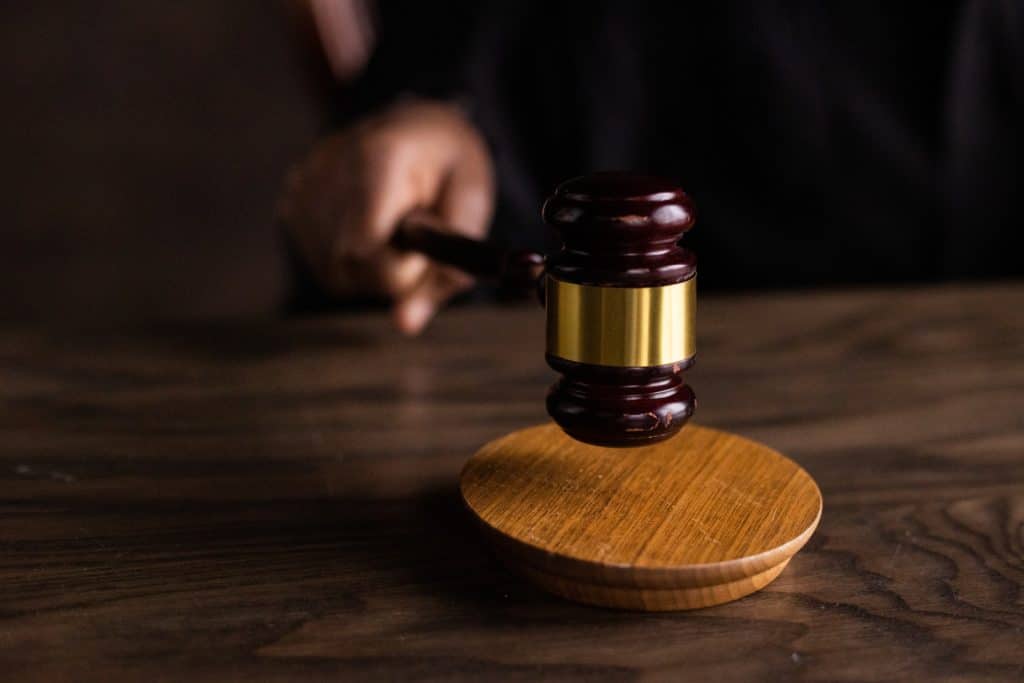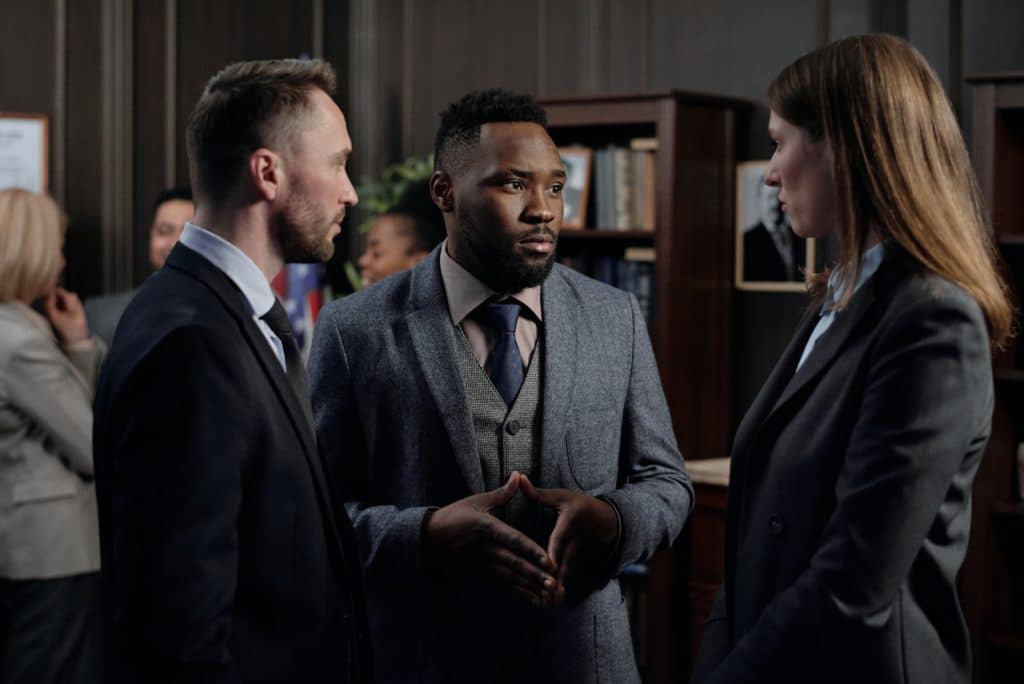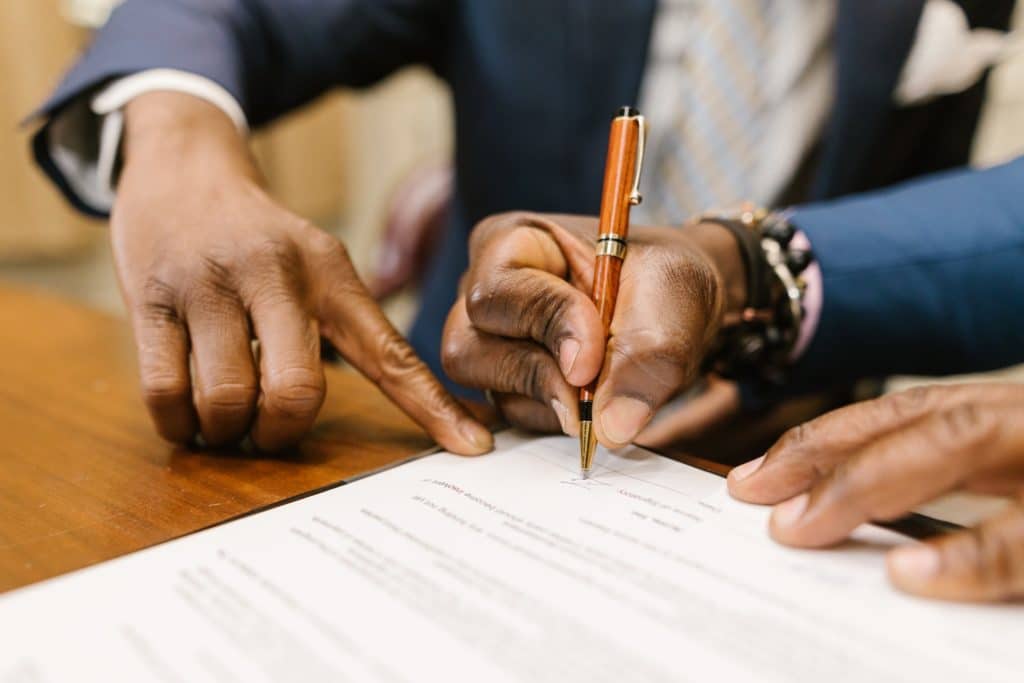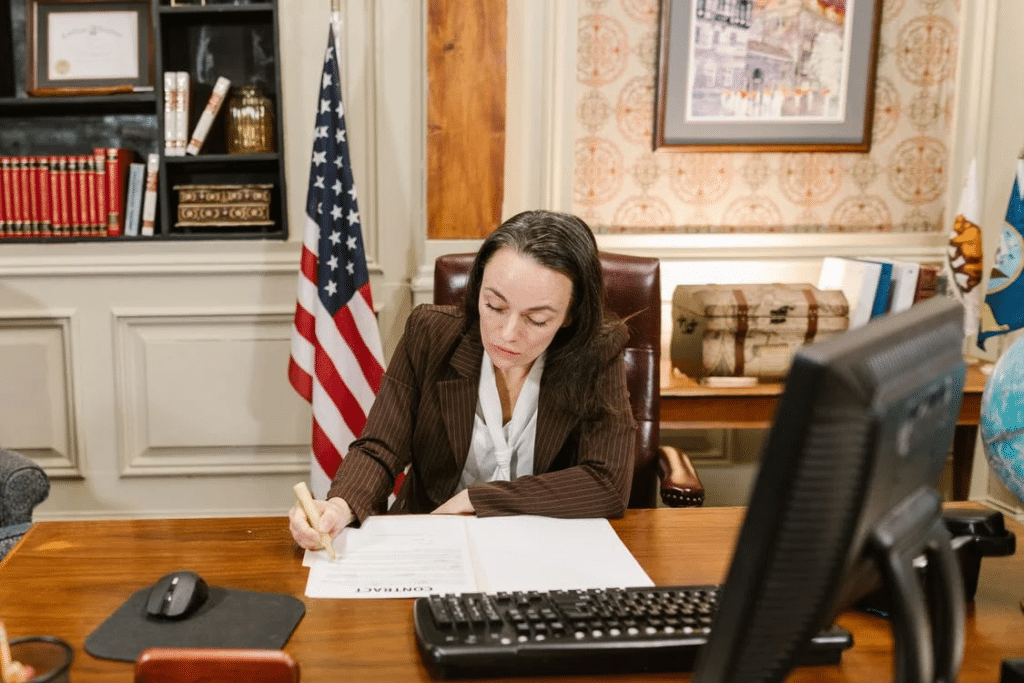Nearby Skilled Small Claims Lawyers in Florida
Florida Attorneys
Serving You and The State of Florida

Small claims court in Florida exists to help expediently resolve disputes in monetary amounts that are $5,000 or less. It can be quite costly to take a matter to court related to a rent dispute, a sale that was not completed properly, or a variety of other matters that involve a small amount of money. That does not mean that you should not be able to seek legal redress for the problem, however.
If you have found yourself in a position where someone owes you some amount of money that is $5,000 or less, you will need to be sure that you secure expert legal support for this need. Small claims court can help to make right an action that should not have been taken against you and can help you to recover the money that you are owed. Small claims court is an affordable way to access legal assistance when you need it for smaller monetary claims that need to be resolved.
How Does the Small Claims Court Process Work in Florida?
Any person who is 18 years of age or older can file a claim with the Florida small claims court. A statement must be filed with the county court clerk, and a small fee is assessed. You can also take care of this step online. You must file in the correct county, or your case might have to be relocated to the proper location to be heard by a judge.
There is required paperwork that must be completed and mailed to the clerk or delivered to the Sheriff’s office as well. There are fees for these documents to be processed as well, but they can sometimes be recovered as part of your lawsuit. The court will work through your documentation, and if nothing is missing, they will accept the defenses of the defendant in the case if any are made. At this time, the defendant might not have any valid defenses, and the judge can order a verdict without ever needing to set a court date.
In all other cases, there will be a trial date scheduled. This trial will require that witnesses, both parties involved in the dispute, experts, and both lawyers attend the court date. Anyone who needs to speak on behalf of either party will have been subpoenaed to show up for the court date. The judge will need to hear from all the witnesses and might also want to hear from both parties in the case before making a decision.
The judge will deliberate and then make a ruling. This ruling might be based on precedent or just on the judge’s personal choice in the matter. If you are successful in getting a judgment against the defendant, you will then be informed about how to collect the judgment along with any fees and other compensation that was to be covered by the defendant related to the case.
You can retain a lawyer for the small claims process, and many people do so since there are so many documents that must be filed and to be sure that all the right steps are taken to secure witness testimony and other important factors in the case. If you should lose, you will only lose money, so it is almost never a good idea to try and go through this process on your own.
Some people opt to use an attorney on a limited basis and just get some help with the paperwork portion of the case. This can be effective if you have some experience in these matters in the past and feel confident in your ability to explain to the judge why the other party owes you money. In these cases, you might just be asked to pay a flat hourly fee for the time of the legal professional that you reached out to.

How Formal is Small Claims Court?
Many people incorrectly believe that court is always a big and busy place that is full of people watching the proceedings and a jury that sits in judgment of the cases that are brought before a judge. This is not the case in small claims court. In most cases, you and your witnesses and your lawyer will be the only other people besides the defense and their witnesses and lawyer.
There is no jury for these kinds of cases, and the decision that is made is based entirely on the determination of the judge. This means that you will not be expected to appeal to the emotions of a jury panel, and you will not have to wait for a jury to be collected to hear your case. This also saves a lot of time and money for the courts and for both parties involved in the case.
The judge will have a lot of leeway to determine what they believe to be fair in this kind of case. There is precedent as well as county law that guides some of the decisions that judges can make in these cases, but sometimes the situation is muddy, and there is fault on both sides. In cases where the judge feels that the letter of the law does not lead to a fair and equitable judgment, they might elect for a creative judgment.
You will not be required to meet any specific dress code for court, but looking neat and tidy never hurts. You will also want to be sure that you arrive early and are present when your case can be heard. Your lawyer will be able to provide you with some more details about what to expect for your court date.
Who Can I Sue in Small Claims Court?
You can sue a person or a business in small claims court. The amount of the judgment is what makes the difference between small claims court and regular court. You will file your claim for small claims court in the county that the defendant lives in. This means that the location of the business might define the county where you will file your claim.
You will need to be sure that your witnesses and experts can be called to this location for your case if a trial date is set. Other arrangements might be made if this is not possible in your situation. Your lawyer can help with the details if you are having trouble with the appearances of witnesses in a county that is far away from where witnesses reside.
What Are Some Common Situations That You Might Need Small Claims Court?
There are many instances where small claims court can be of use to you. Common disputes that are heard by the small claims court are:
- Return of property
- Recover money that has been loaned
- Vehicle damage related to an auto accident
- To seek unpaid rent
- To recover a deposit that was not returned in good faith
- To receive payment for goods received
- Recovering money from a promissory note
- To recover damages to a property
- To return items or money that has been stolen
There are various other situations that are not covered here in this list that might still be appropriate for small claims court. Your lawyer can advise about which court needs to hear a case once they have had a consultation with you. The team at Lopez Law can advise you about the best way to handle cases that might not be best taken care of in small claims court.

What is the Pre-Trial Conference?
This date is set not more than fifty days from the date of the filing action that took place. This is the time when the plaintiff and defendant are asked to attend a mediation to try and discuss the merits of the claim and to determine the details of the altercation or disagreement. The settlement process is discussed at this conference to attempt to avoid the trial process. In some cases, a settlement can be decided upon in this conference. This saves everyone money and time.
When there is no agreement at the pre-trial conference, then a trial date must be set. The judge will attempt to be sure that the settlement is given a fair chance during this phase. This is often the easiest way to recover a fair amount of money for your needs, and even if you are not given the entire amount back that you were hoping to receive, in small claims court, you can often come out ahead by avoiding a trial.
Are Trials Granted Continuances?
In some unique cases, a trial might be granted a continuance, but only for a very good cause. The court does not act as the advocate for either party involved in the case, so you would have to assert your need for a continuance, or your lawyer would have to do so. You will not be offered one.
The Florida Evidence Code is applied to trials even in small claims court, but since small claims court is for smaller awards, there are often liberties taken to make sure that witnesses can appear. The need for continuance might be eliminated if a witness needs to appear via phone, for example. The goal of the small claims court is to expedite the case process and to make sure that smaller claims do not need to compete with larger issues in the court. This is why these kinds of accommodations are made to simplify cases.
Can Florida Small Claims Court be Used for Eviction Lawsuits?
This is one of the kinds of more complicated cases that can be heard in small claims court. This is an ideal court for simple disputes that are governed by clear contractual language that just needs to be enforced. Property damages and breaches of contract can also be heard in small claims court for the same reason. These cases are often very simple for a judge to adjudicate, and the amount of the claim is usually within keeping with the small claims court ceiling.
Judges can almost always finalize and adjudicate these cases at the pre-trial conference as well, which makes them ideal for the small claims court environment. In most cases, it is quite clear that one party has wronged another per the contract language that should have governed the behavior of both parties. This means that the judge can determine who is at fault quite readily and make sure that the right judgment amount is handed down as well without needing to hear from a variety of witnesses. This is also the kind of case that does not cause a significant dispute between the defendant and the plaintiff.
In most cases, it is easy to point to the language of the contract in question that has been breached and to receive an admission of incorrect behavior on the part of the person who did not pay rent or did not stick to the language of other contracts.
Small Claims Court Can be the Perfect Venue For Various Disputes

When you need help getting back money that has not been paid to you, evicting a tenant, or seeking redress for damages or theft, you will want to use the small claims court in Florida for this need. You should make sure to secure a lawyer to make sure that you get the best support for your case. There is documentation that needs to be filed as well as witnesses that need to be subpoenaed for these cases just like any other court case. This is often best handled by legal professionals.
If you are owed money or have suffered damages related to a breach of contract, you need to reach out to us at Lopez Law today. We have years of expertise with regard to small claims cases, and we can be trusted to handle your small claims cases with ease. You will get the benefit of a skilled team with attention to detail when you choose to work with us for your small claims case. Contact us today for a consultation and allow us to help you get back the money that you are owed or deal with a breach of contract that has negatively impacted you.
Our Expertise
- Business Lawyers
- Residential Real Estate Lawyers
- Commercial Real Estate Lawyers
- DUI Lawyers in Florida
- Expunction and Sealing Lawyers
- Florida Clemency
- Injunction Lawyers
- Tenant Lawyers
- Landlord Lawyers
- HOA Lawyers
- Defamation Lawyers
- Eviction Attorneys
- Moving Company Dispute Lawyers
- Probate Lawyers in Florida
What Our Clients Say
A Godsend
Mr. Lopez was a Godsend and really helped me with my situation. Him and the entire firm were very diligent and helped speed the early stages of the process along due to a pressing situation. Throughout my experience working with the firm, they were always responsive and available any time I had a question or wanted to check on the state of affairs. Hopefully I won’t have to recommend Lopez Law Group to my friends or family, but if those unfortunate circumstances arise then there’s only one name I would trust. Thank you again for all your help!
Lopez Law Group Can See You Through Cases Like:
Don't See What You Need?
Lopez Law Group
700 7th Ave N, Suite A,
St. Petersburg, FL 33701
P: 727-933-0015
Business Hours
Mo, Tu, We, Th, Fr
Schedule a Call Back
Book a Consultation






















